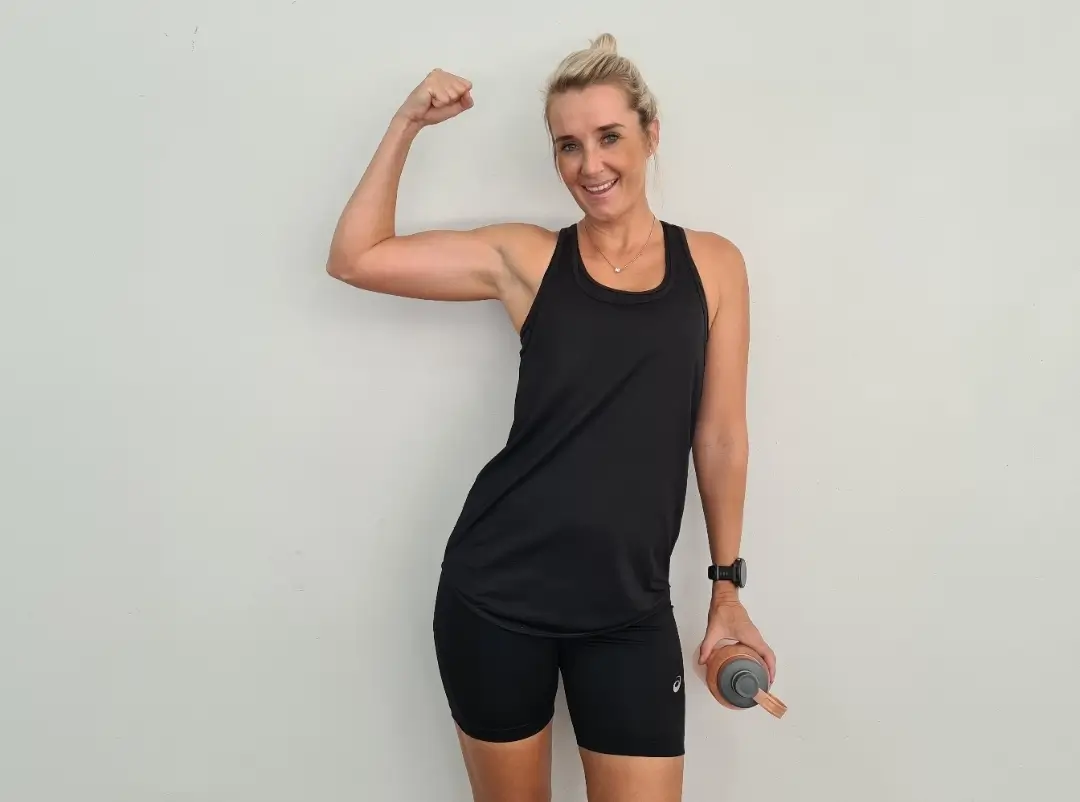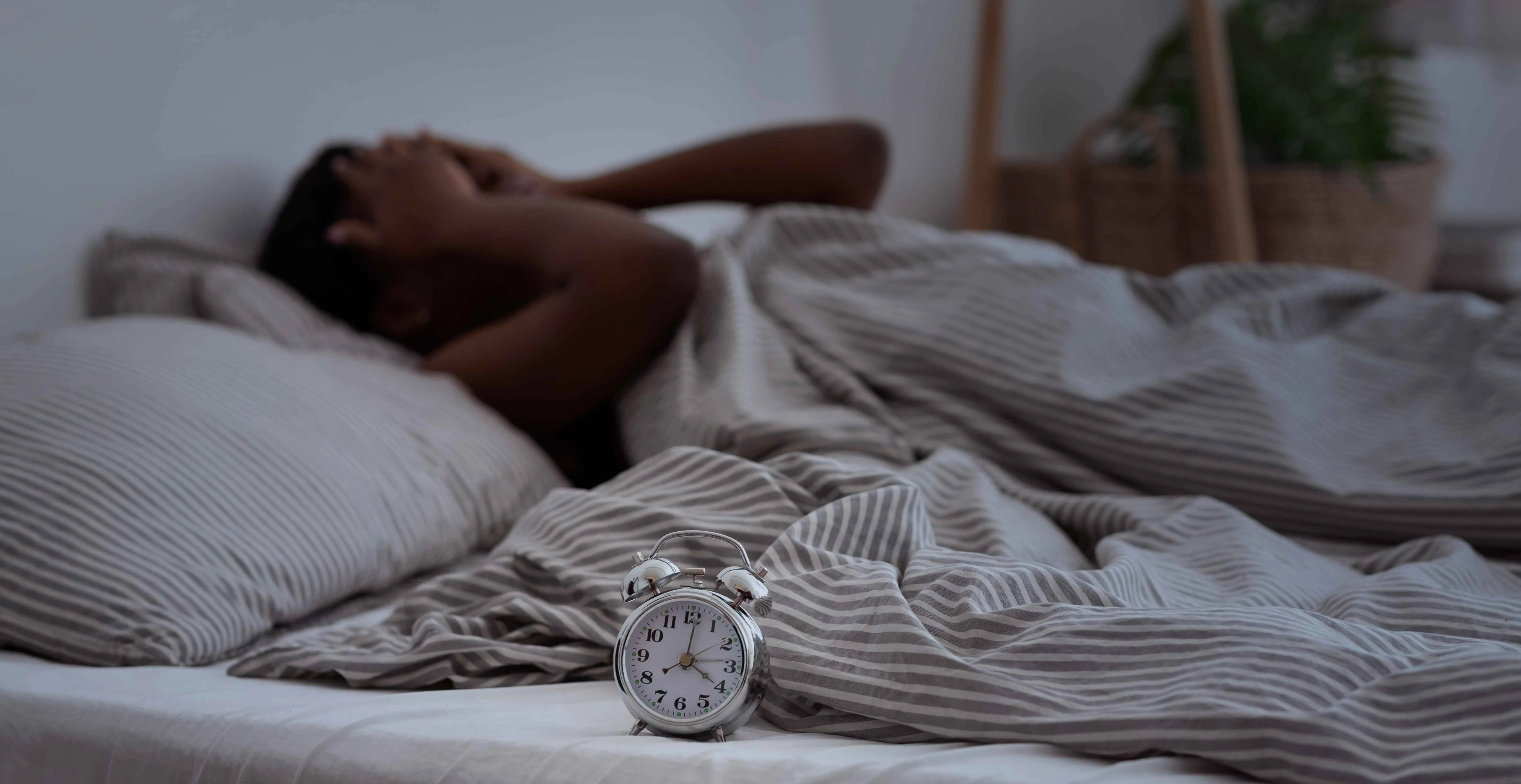While most people need seven to nine hours of sleep to function optimally, a small subset of the population thrives on much less. This phenomenon, known as Short Sleeper Syndrome, challenges conventional wisdom about sleep needs.
In this article, we will delve into the science behind Short Sleeper Syndrome, uncover its potential causes, explore its impact on health and performance, and examine how these individuals manage to defy the sleep norms that most of us live by.
What is short sleeper syndrome?
Short Sleeper Syndrome (SSS), also referred to as Natural Short Sleepers or Familial Natural Short Sleep, is a genetic trait that allows individuals to feel fully rested and energized with as little as four to six hours of sleep per night.
The exact mechanisms behind SSS are not fully understood, it is linked to specific genetic mutations that alter the body's sleep-wake cycle and metabolism. These individuals may have a unique ability to experience deeper, more efficient sleep during their limited sleep duration, allowing them to wake up feeling refreshed and alert.
Characteristics of Short Sleepers
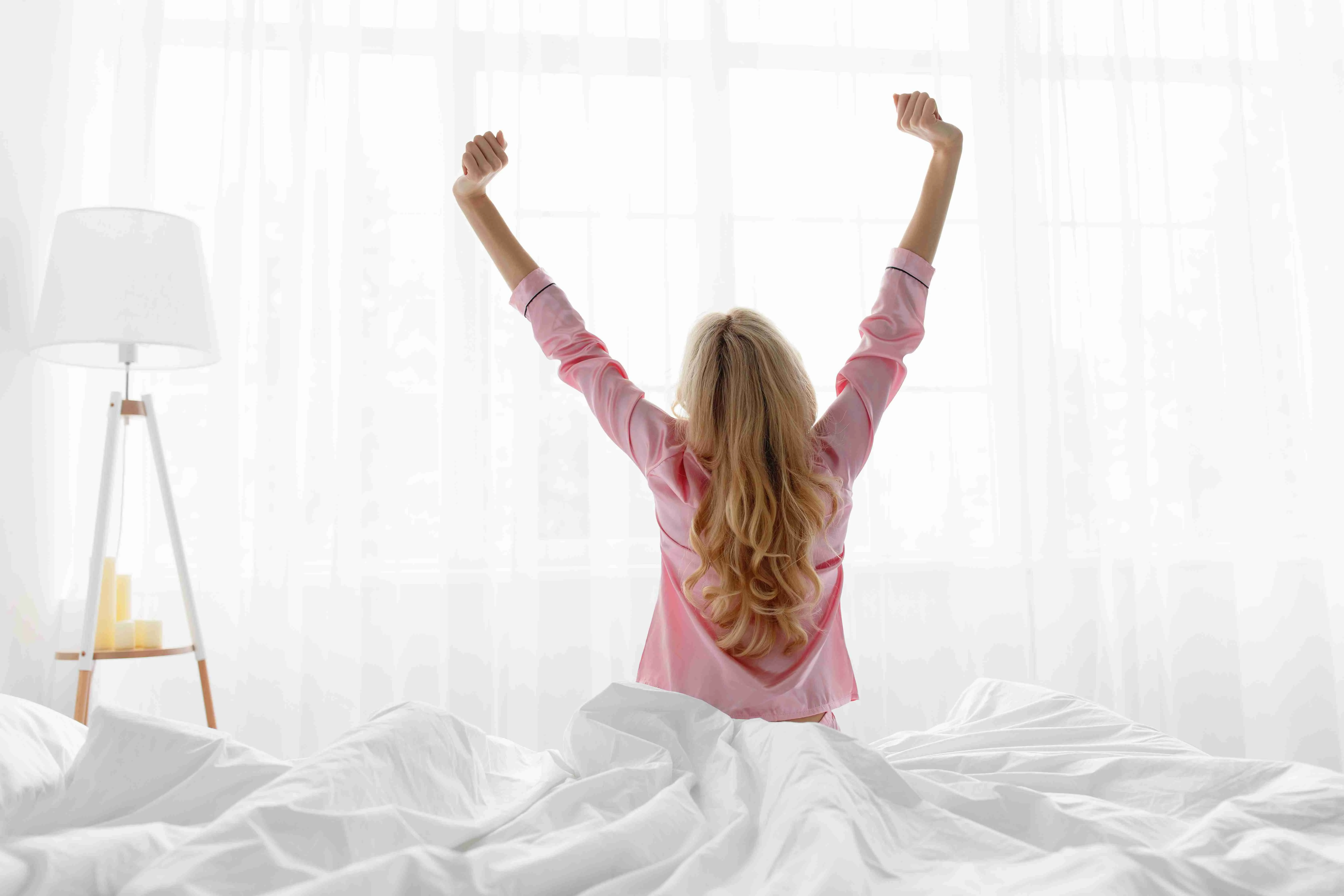
The primary symptom of SSS is the ability to function optimally on significantly less sleep than the recommended amount. However, other subtle signs may indicate you possess this trait:
Consistent Sleep Patterns
Short sleepers tend to maintain a regular sleep schedule, even with fewer hours of sleep. They may consistently fall asleep and wake up at the same time each day, supporting their internal body clock.
This consistency helps their body adapt to a reduced sleep need without negative effects on alertness or performance.
Natural Sleep-Wake Cycle
People with SSS often have a natural inclination to sleep less without feeling fatigued during the day. Their circadian rhythms, or internal sleep-wake cycles, are naturally set to function optimally with less sleep, enabling them to feel well-rested even after short sleep durations.
Low Need for Naps
Unlike individuals who are sleep-deprived, short sleepers generally do not feel the need for naps during the day.
They have enough energy to stay awake and alert for extended periods, even without the typical midday rest. Their bodies can maintain high energy levels throughout the day without needing extra sleep.
High Energy Levels
Short sleepers typically experience high energy levels during the day. Despite getting less sleep, they often feel more energized and ready to take on the day’s tasks. Their efficient sleep cycles, enabling quicker rejuvenation in a shorter period, may contribute to this characteristic.
Sustained Alertness and Cognitive Performance
Individuals with SSS usually maintain good cognitive performance, including focus, attention, and memory, even with less sleep. They can perform well at tasks that require concentration and mental effort without the negative effects typically associated with sleep deprivation, such as brain fog or difficulty concentrating.
Balanced Mood
Despite getting less sleep, short sleepers tend to maintain a balanced mood. They do not typically experience the irritability or emotional instability that often accompanies sleep deprivation. Their ability to stay emotionally stable and calm is a sign of their body's ability to adapt to shorter sleep cycles.
Adaptability to Stress
Short sleepers are often more adaptable to stress. They can manage stressful situations more effectively, maintaining a sense of calm and focus even during demanding times. This resilience may be linked to their overall efficiency in handling the physiological and psychological effects of sleep deprivation.
Reduced Sleep Latency
Short sleepers generally experience reduced sleep latency, meaning they fall asleep quickly once they lie down.
Their bodies are efficient at entering deep sleep stages faster, allowing them to make the most of the limited sleep they get and maximizing the restorative effects of their shorter sleep periods.
Causes of Short Sleeper Syndrome
While the exact causes of SSS are not fully understood, research has identified several potential contributing factors:
Genetic Factors
- Gene Mutations: Certain gene mutations could play a role in SSS. A mutation in the DEC2 gene has been linked to individuals who naturally sleep less without experiencing negative side effects.
- Hereditary Patterns: There is also evidence that SSS can run in families, suggesting a hereditary component. If a person’s parents or close relatives experience short sleep without negative consequences, there may be an increased likelihood that the individual will also have the ability to sleep less while maintaining high levels of alertness and physical health.
Circadian Rhythm Variations
Short sleepers may have unique variations in their circadian rhythm—the internal biological clock that regulates sleep-wake cycles.
These variations allow them to function optimally on less sleep. In particular, some short sleepers might have an advanced or delayed circadian rhythm, enabling them to wake up earlier or later than the typical person and feel refreshed even with less sleep.
Efficient Sleep Architecture
Efficient sleep architecture refers to how well an individual’s body progresses through the various stages of sleep. Short sleepers tend to have a more efficient sleep cycle, meaning that they spend more time in restorative stages of deep sleep (such as slow-wave sleep) during the limited hours they sleep.
Metabolic Differences
Some short sleepers may have metabolic differences that allow them to function on less sleep. These individuals often experience higher energy levels, potentially due to more efficient energy production and utilization in the body.
Their metabolism might work more efficiently, allowing them to remain alert and active throughout the day despite the shorter duration of sleep.
How To Know If You Have Short Sleeper Syndrome
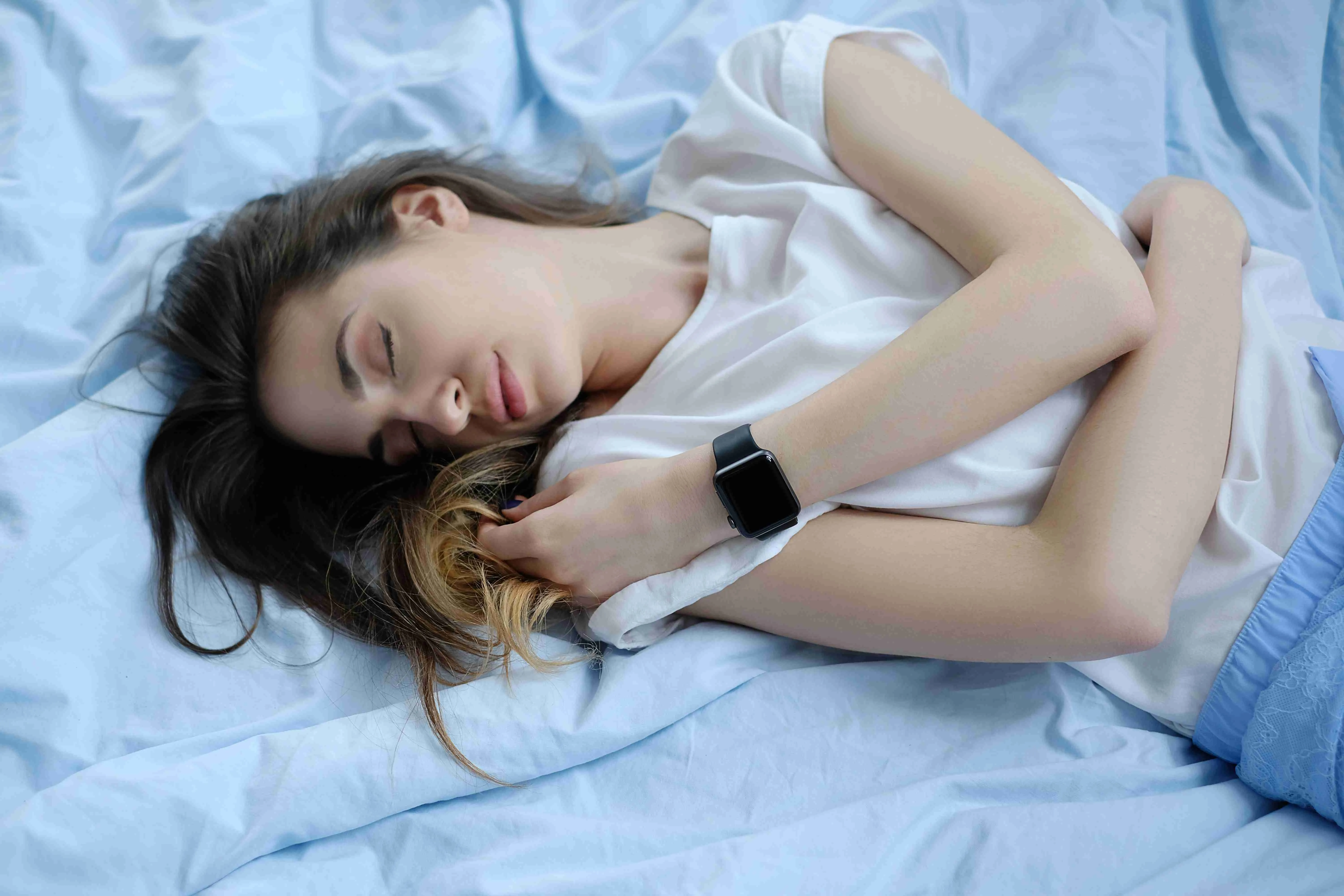
Recognizing SSS can be challenging, as there is no specific diagnostic test for this condition. However, healthcare professionals may employ the following methods to evaluate and confirm the presence of this trait.
Sleep Diary
One of the first steps in diagnosing SSS is for the individual to maintain a detailed sleep diary. This record tracks the individual's sleep patterns over a period of time (usually one to two weeks), including the time they go to bed, the time they wake up, and any instances of wakefulness during the night.
Polysomnography (Sleep Study)
Polysomnography is an overnight sleep study that records various body functions while the patient sleeps, including brain waves, heart rate, muscle activity, and oxygen levels.
This comprehensive test is primarily used to diagnose sleep disorders such as sleep apnea or restless leg syndrome, but it can also help identify the sleep architecture of individuals with SSS.
Multiple Sleep Latency Test (MSLT)
The Multiple Sleep Latency Test (MSLT) measures how quickly a person falls asleep during several daytime naps. Typically, people who are sleep-deprived or suffering from certain sleep disorders, such as narcolepsy, will fall asleep quickly during these tests.
Genetic Testing
As genetic factors are believed to play a role in Short Sleep Syndrome, genetic testing may be used to identify specific mutations in genes such as DEC2, which has been associated with SSS.
This test can help confirm if an individual has a genetic predisposition to short sleep, although it is not commonly used in everyday clinical practice.
Ruling Out Other Sleep Disorders
Since the symptoms of SSS—such as reduced sleep and minimal daytime fatigue—can overlap with other conditions, healthcare providers must rule out other sleep disorders. These might include Insomnia, Sleep Apnea, Restless Leg Syndrome (RLS), and Narcolepsy.
Health Implications of Short Sleeper Syndrome
While most of the effects of SSS tend to be negative, some individuals may experience a few potential benefits:
Positive Health Implications of Short Sleeper Syndrome
While most of the effects of SSS tend to be negative, some individuals may experience a few potential benefits:
- Increased Productivity and Efficiency: Some people with SSS report feeling more productive during the day, as they have more waking hours to accomplish tasks. This can lead to greater focus and quicker decision-making when well-rested.
- Better Adaptation to Sleep Deprivation: Individuals with SSS are often more resilient to sleep deprivation compared to those with regular sleep habits. They may experience fewer cognitive impairments and have greater tolerance to short-term sleep loss, which can be advantageous in situations requiring alertness despite limited rest.
- Enhanced Mental Alertness During Daytime: For some people with SSS, sleep deprivation may lead to periods of increased mental clarity and alertness. They may experience a boost in focus and concentration during the daytime, allowing them to perform tasks more effectively.
Negative Health Implications of Short Sleeper Syndrome
While SSS may offer some benefits in terms of productivity, the long-term health risks associated with chronic short sleep are significant and should not be overlooked:
Impaired Cognitive Function: Chronic short sleep can have a detrimental effect on memory, concentration, and problem-solving abilities. As sleep duration decreases, the brain has less time to process information, leading to cognitive impairments and slower mental processing.
Weakened Immune System: Sleep is vital for the immune system to function properly. Prolonged short sleep can weaken the immune response, making individuals more susceptible to infections and illnesses. People with SSS may experience more frequent colds or take longer to recover from illness.
Increased Risk of Chronic Conditions: Regular sleep deprivation is associated with an increased risk of developing chronic health conditions such as:
- Cardiovascular disease: Short sleep has been linked to high blood pressure, heart disease, and stroke.
- Diabetes: Poor sleep can lead to insulin resistance, increasing the risk of type 2 diabetes.
- Obesity: Lack of sleep disrupts the balance of hormones controlling hunger, leading to overeating and weight gain.
Hormonal Imbalances: Short sleep can disrupt the regulation of key hormones, such as cortisol (the stress hormone) and ghrelin (which stimulates appetite). This can lead to chronic stress, anxiety, and overeating, further contributing to negative health outcomes.
Lifestyle Impacts of Short Sleeper Syndrome
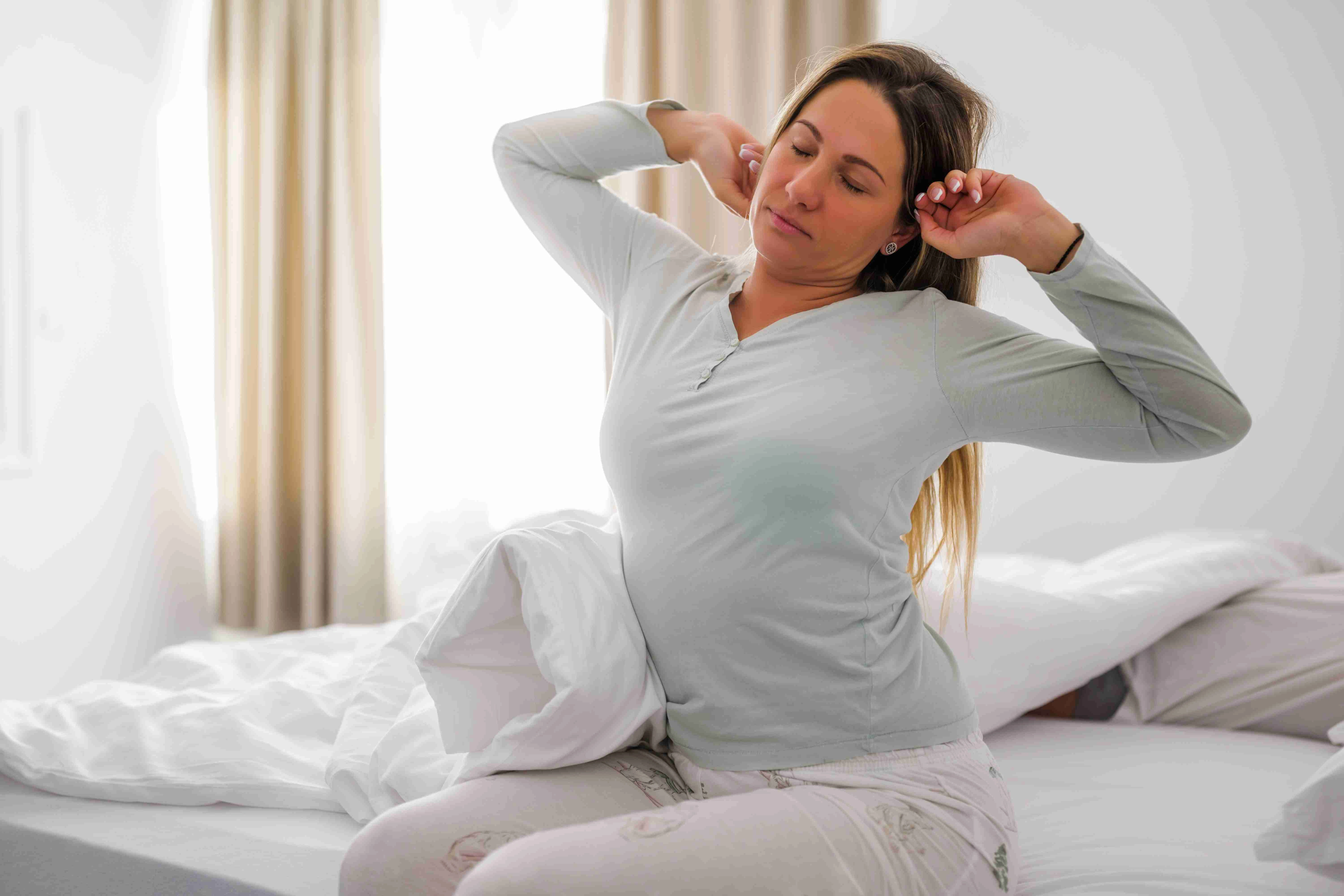
SSS can have significant impacts on an individual's lifestyle and daily routines. Here are some potential lifestyle implications to consider:
- Work and Productivity: Short sleepers may have an advantage in certain professions or situations that require extended periods of wakefulness or irregular sleep schedules, such as shift work, military operations, or long-haul travel.
- Social and Family Life: The unique sleep patterns of short sleepers can sometimes create challenges in maintaining social connections and family routines, as their sleep schedules may differ from those around them.
- Hobbies and Leisure Activities: Short sleepers may have more time available for hobbies, leisure activities, or personal pursuits due to their reduced sleep requirements.
- Travel and Jet Lag: Short sleepers may experience less disruption from jet lag or time zone changes, as their bodies may adapt more quickly to new sleep-wake cycles.
- Sleep Environment: Short sleepers may have more flexibility in their sleep environments, as they may not require the same level of sleep hygiene or sleep-conducive conditions as those who need more sleep.
Lifestyle Strategies to Maintain Good Physical Health When Dealing with Short Sleeper Syndrome
While people with SSS can adapt to shorter sleep duration, it can still have a negative impact on overall physical health. To maintain good physical health despite dealing with SSS, here are some lifestyle strategies:
Optimize Sleep Quality
Even if you're not getting the ideal amount of sleep, prioritizing sleep quality is essential. Ensuring that your sleep is deep and restorative can help counteract the negative effects of short sleep. Strategies include:
- Maintain a Consistent Sleep Schedule: Go to bed and wake up at the same time every day, even on weekends. This helps regulate your internal clock and improves sleep quality.
- Create a Sleep-Conducive Environment: Make your bedroom quiet, dark, and cool to promote better sleep. Consider using earplugs, blackout curtains, or a white noise machine if needed.
Manage Stress Effectively
Chronic stress can exacerbate the negative effects of short sleep, leading to issues such as hormonal imbalances and weakened immunity. Incorporating stress management techniques can help protect your health:
- Practice Relaxation Techniques: Engage in practices such as yoga, meditation, or deep breathing exercises to reduce stress and promote relaxation before bed.
- Engage in Regular Physical Activity: Exercise can help reduce stress and improve sleep quality. Aim for at least 30 minutes of moderate activity most days of the week, but avoid vigorous exercise right before bed.
Mind Your Diet
Healthy nutrition plays a significant role in maintaining physical health when dealing with short sleep:
- Eat Balanced, Nutrient-Rich Meals: Prioritize whole foods like fruits, vegetables, lean proteins, and whole grains. Nutrient-dense meals provide the energy and nutrients your body needs to function well despite limited sleep.
- Limit Stimulants: Avoid caffeine, nicotine, alcohol, and large meals close to bedtime, as they can interfere with sleep quality and metabolism.
- Stay Hydrated: Drink enough water throughout the day to support bodily functions and prevent dehydration, which can contribute to fatigue and impair physical performance. Learn more about Hydration and Sleep.
Focus on Physical Activity
Physical activity is one of the most effective ways to maintain good physical health while dealing with SSS. However, it’s important to tailor your workout routine to your needs:
- Aim for Consistency, Not Intensity: Regular, moderate exercise can help combat the negative effects of sleep deprivation by boosting energy and improving mood. Activities like walking, cycling, or swimming can be great choices.
- Prioritize Recovery: With less sleep, recovery becomes even more important. Focus on exercises that allow your body to rest, such as stretching, yoga, or low-intensity workouts.
Difference Between Short Sleeper Syndrome and Insomniacs
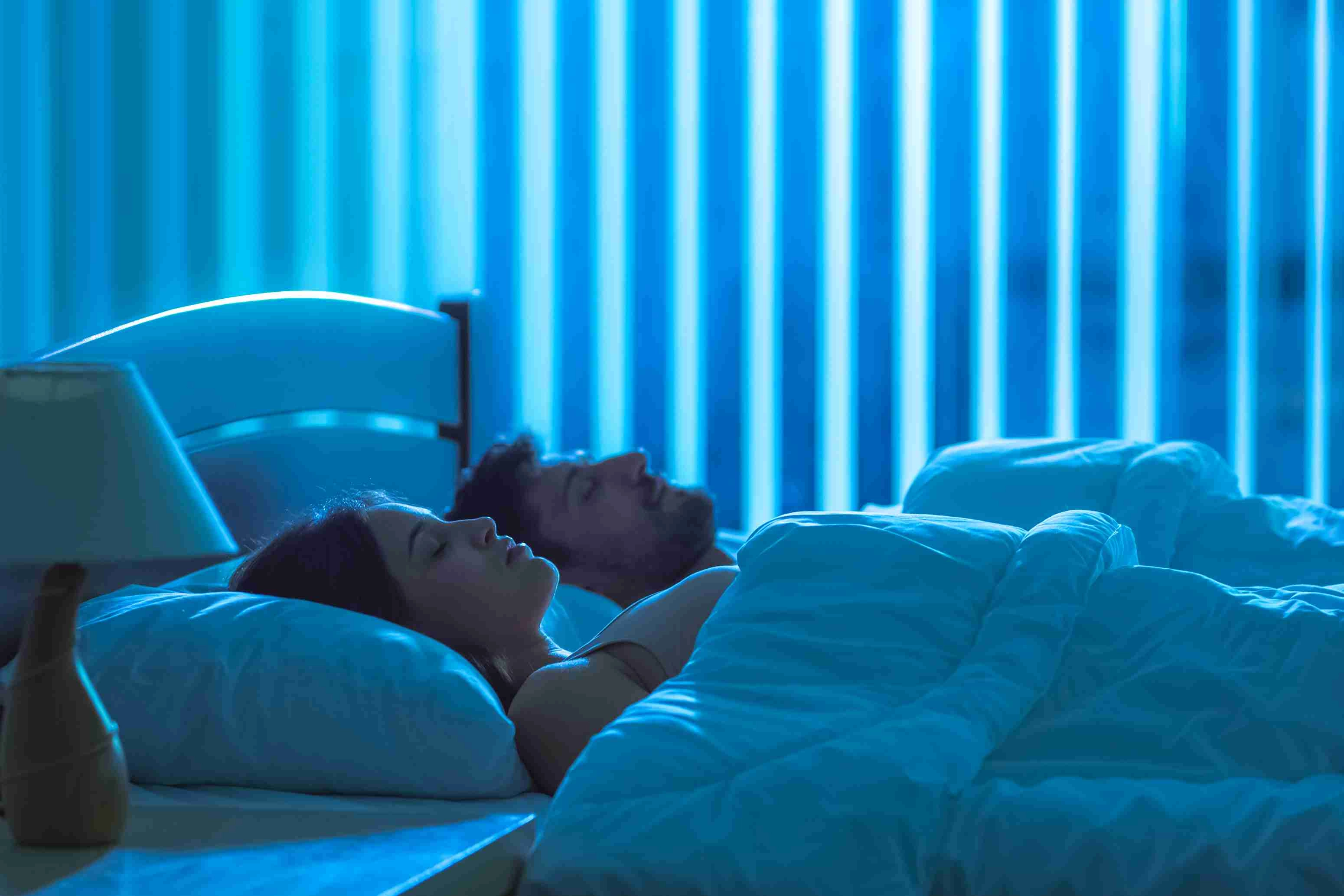
While both short sleepers and individuals with insomnia may report sleeping fewer hours than the recommended amount, there are distinct differences between these two conditions:
| Characteristic | Short Sleepers | Insomniacs |
|---|---|---|
| Sleep Duration | Typically 4-6 hours per night | Significantly less than desired or required |
| Sleep Quality | Good quality, restorative sleep | Poor sleep quality, non-restorative sleep |
| Daytime Functioning | Normal energy levels and cognitive function | Fatigue, impaired concentration, and mood disturbances |
| Sleep Onset | Relatively quick and effortless | Difficulty falling asleep (sleep onset insomnia) |
| Sleep Maintenance | Ability to maintain sleep throughout the night | Frequent awakenings or early morning awakenings |
| Satisfaction with Sleep | Satisfied with their sleep patterns | Dissatisfied with their sleep and desire more sleep |
| Genetic Component | Strong genetic link | No clear genetic link |
It's important to distinguish between SSS and insomnia, as the latter is a sleep disorder that can have significant negative impacts on an individual's health and well-being, and may require medical intervention or treatment.
FAQs
Is short sleeper syndrome inherited?
Yes, SSS is believed to have a strong genetic component, and the trait can run in families.
Can you know if you have SSS through a blood test?
No, there is currently no specific blood test or diagnostic marker for SSS. Diagnosis typically involves a comprehensive evaluation by a sleep specialist, including sleep studies and ruling out other sleep disorders.
Are short sleepers more prone to accidents due to fatigue?
Generally, short sleepers do not experience the same levels of fatigue or impaired cognitive function as those who are sleep-deprived. However, it's important for short sleepers to be mindful of their sleep needs and to seek medical advice if they experience any signs of excessive daytime sleepiness or impaired functioning.
Is it safe for short sleepers to consistently sleep only 4-6 hours per night?
While a short sleeper or anyone who can't sleep more than 6 hours may function well on reduced sleep, it's important to monitor their overall health and well-being. Consulting with a healthcare professional can help determine if their sleep patterns are sustainable and if any precautions or interventions are necessary.
Why do I feel more awake with less sleep?
Feeling more awake with less sleep can occur due to factors like stress or adrenaline, which temporarily boost alertness. Your body may be releasing stress hormones like cortisol, which can override feelings of tiredness.
Conclusion
SSS is a rare and fascinating condition that challenges our understanding of sleep requirements and highlights the diversity of human sleep patterns.
While the ability to function optimally on less sleep may seem advantageous, it's crucial to prioritize overall health and well-being by adopting healthy sleep habits, seeking professional guidance, and being mindful of the potential risks associated with chronic sleep deprivation.
Karen Barnard
Karen is a Human Movement Science expert and a certified sports nutrition and massage therapist. At Sleepiverse, she combines her passion for human movement science and sleep health to educate herself and her readers about healthier sleep. In addition to writing articles, Karen manages a fitness studio offering private training, athletic conditioning, and sports massage therapy. She focuses on providing people with a holistic environment for people to reach their health goals, often incorporating stretch therapy to promote mental tranquillity and help people improve their sleep.
